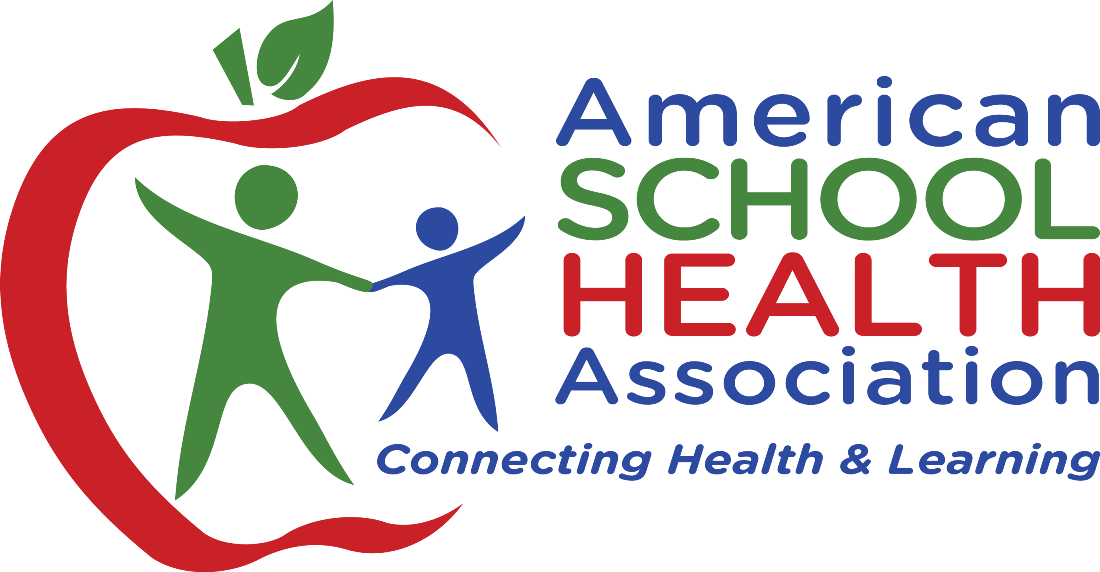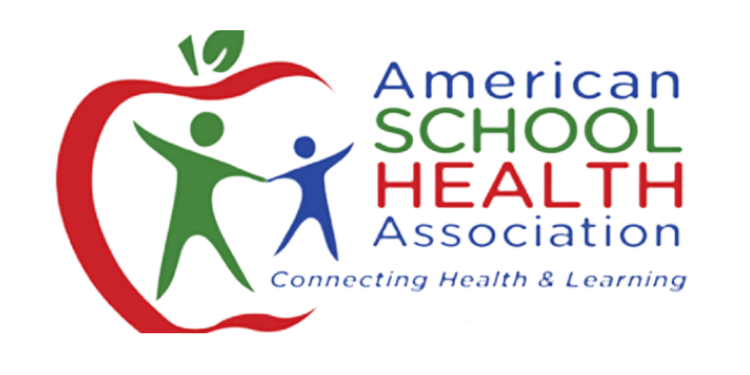Our Words have Power
Our Words have Power
By: Jeanie Alter, ASHA Executive Director
Each year, Merriam-Webster scours the English language and considers additions to the iconic dictionary. Most recent additions include “swole” and “buzzy”. This is an indicator of how language changes and the importance of staying current. As such, ASHA wants to encourage all school health professionals to commit to using language that promotes health and inclusivity.
Inclusive Language
Dictionary.com describes inclusive language as “language that avoids the use of certain expressions or words that might be considered to exclude particular groups of people, esp gender-specific words, such as “man”, “mankind”, and masculine pronouns, the use of which might be considered to exclude women.” This can include excluding gender non-conforming individuals as well. Use gender neutral pronouns if you don’t know an individual’s preference. The English language doesn’t have a great option, but they/theirs will do. Don’t be afraid to ask individuals if they have a preferred pronoun. Model this by including your preferred pronoun within your email signature.
De-stigmatizing, Person-first Phrasing
People are not their circumstances, medical diagnoses, or status. As such, our language should reflect the person first and their health, mental, or living conditions second. For example, rather than referring to someone as a cancer victim or patient, refer to them as people living with cancer, cancer fighter, or cancer survivor. Also, one’s circumstances can be better described as people experiencing homelessness or poverty rather than homeless or poor. Finally, avoid using imprecise terms that perpetuate stigmas such as “crazy” or “lunatic”. Recognizing that many people are struggling from a variety of issues and they deserve respect and care should be reflected in your choice of words.
Active Linguistics
Believe it or not, we can promote physical activity and movement through our language. For example, we can refer to stimulating activities offered in classrooms and meetings as brain boosts rather than brain break. Similarly, elevator speeches can be called stairwell speeches to encourage individuals to use their time well while engaging in movement. Finally, we can encourage improvement within ourselves and those around us to strengthen and stretch rather than learn and grow.
Collaborative Words
ASHA believes deeply in the concept of collaboration and coordination to be successful. Schools and workplaces are recognizing the importance of developing collaboration skills as we are working together more and more in everyday life and work. As such, our language should reflect and promote collaboration. We can instill the importance of collaboration by characterizing our interactions differently. For example, we can frame our collaborations as working with rather than working for. We can also highlight the importance of small group work by referring it to forming groups rather than breaking into groups. We can ensure that feedback is constructive by framing it as areas of strength and enhancement rather than strengths and weaknesses. Finally, we can acknowledge and honor conflict in groups in terms of the stages of team-building (forming, storming, norming, and performing).
Violence-Free Vocabulary
There has been much research, discussion, and debate about the influence of television, video games, and the internet on the proliferation of violence. With some small changes, we can make a positive contribution to the level of violence present in our vocabulary. Avoid words like headshot (picture) and bullet points (talking points), and encourage others to reach out by sending an email rather than shooting an email and sing out rather than giving a shout.
Changing our language is hard, but important. You will slip and it is important to acknowledge your misstep, apologize, and commit to work harder in the future.
Additonal Resources:
http://carequadrant.com/inclusive-language-examples/
https://www.extension.harvard.edu/professional-development/blog/inclusive-language-four-easy-steps


